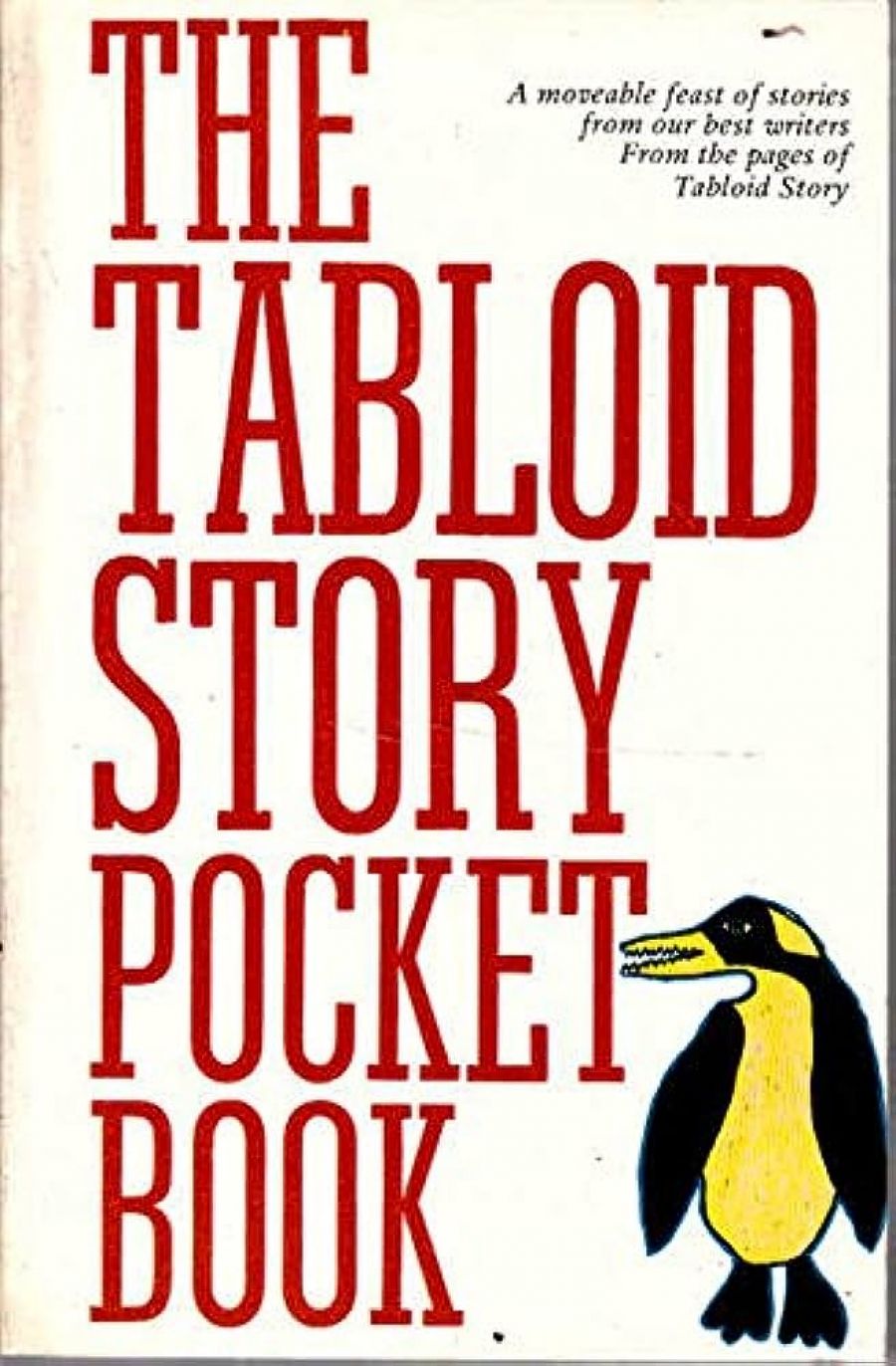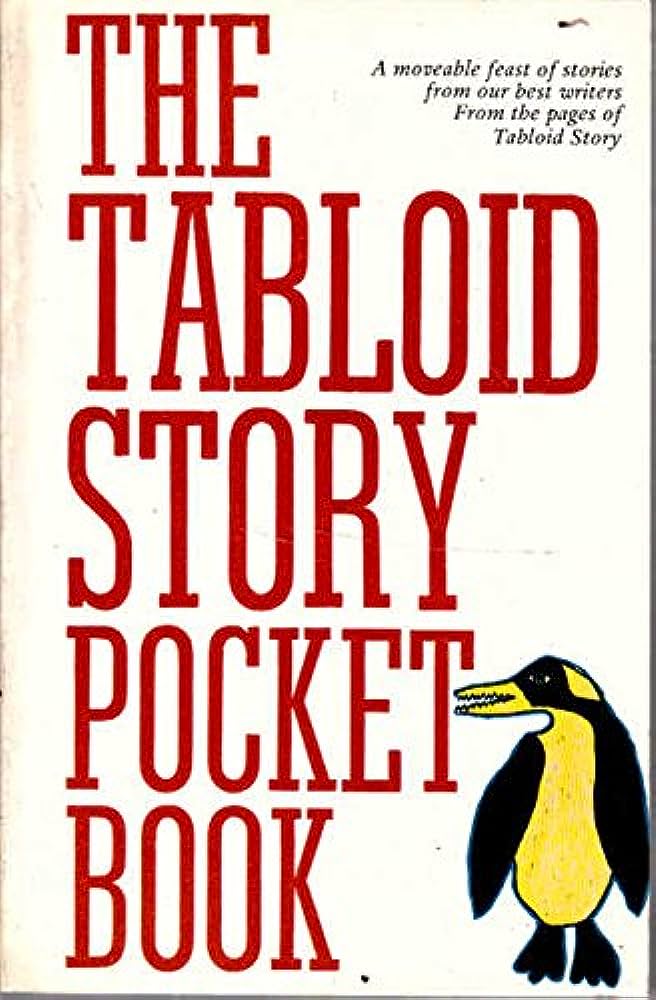
- Free Article: No
- Contents Category: Short Stories
- Review Article: Yes
- Article Title: Uncertain Trajectory
- Online Only: No
- Custom Highlight Text:
I found this a book of uncertain trajectory. On the one hand its target seems to be a broad readership, for these forty-three short stories were first written for the periodical, Tabloid Story, whose method of distribution has been the effective one of being hosted by student and national journals of wide circulation. On the other hand, the collection includes a long self-conscious explanation of itself whose apparent interest in a secure perch on a tertiary syllabus would exclude the popular audience. In it the editor outlines why these stories represent a revolution in Australian short fiction, anatomises the causes and course of this upheaval, locates its European and Latin American antecedents, names its genres – in short tells why his authors should attract serious study rather than serious enjoyment. The ruse, of course, is to hallow an episode in Australian literature, a manoeuvre that I found as transparent as it is indicative of shaky confidence. A revolution with genuine roots will hallow itself.
- Book 1 Title: The Tabloid Story Pocket Book
- Book 1 Biblio: Wild & Woolley, $3.95, 320pp
- Book 1 Cover Small (400 x 600):

- Book 1 Cover (800 x 1200):

There are five fine short stories among these pages, and another nine of some interest. Both Frank Moorhouse’s contributions, ‘The Oracular Story’ and ‘The Commune Does not Want You’, display that writer’s art in selectively simplifying (like a cartoonist) character and predicament for the purposes of focusing ridicule. In these two fictions the satire is aimed at the jargon of ideology and the affected, frequently vicious manners of the self-styled ‘liberated’. However, the satire contains a subtle deployment of moods; the blend of coarse sexuality and idyll in ‘The Oracular Story’ evoke an unsettling pathos, while behind the amused, sometimes hilarious dialogue in ‘The Commune Does not Want You’ there is exposed in the counterculture a rigidity of human responses as alarming as the state apparatus of 1984.
In ‘Concerning the Greek Tyrant’, Peter Carey has invented a haunting, fatalistic world where Homer and the subjects of his epic poems coexist on the same beach in an interlude before the siege of Troy. It is a moving, original fable of human lives being shuffled toward events by the requirements of the poem.
Other contributions on the credit side of this book include a satisfying rearrangement of the bush-yarn by Murray Bail, and fictions of varying interest by Antigone Kefala, Dai Stivens, Alan Maxwell, and others.
Two thirds of this pocket book comprises the debris of assorted experiments. It is alas true that there is nothing publicly valuable in experiment, only in its results. The scientist who heats mercury in the presence of oxygen may promise a decisive shift in our world view, while the cook who sullenly stirs hornblende with sea kelp and vegemite may promise indigestion. While their respective operations are in progress their status is the same, but not afterwards. The indigestibles in this book, which include two pieces by the editor, survive to tax the reader’s patience because their authors have hallowed the act of experimentation rather than the findings of experiment. It is a vice related to narcissism and not without pathos, for what the sorrier experiments in this book record is a change in some fashions, no revolution.


Comments powered by CComment